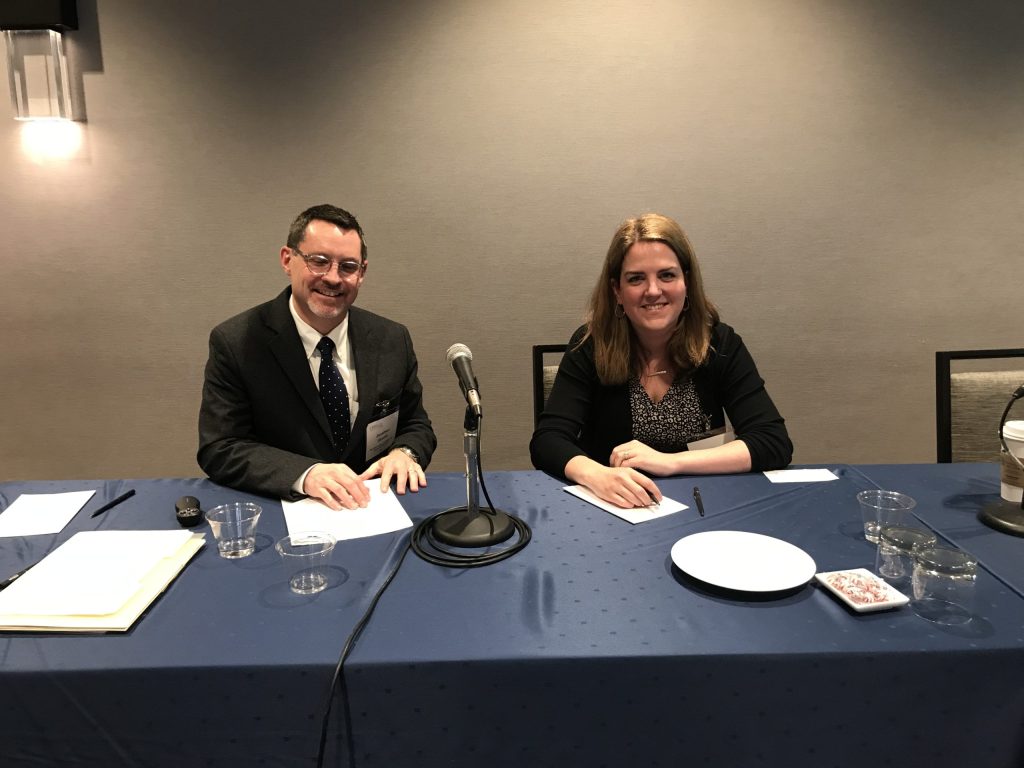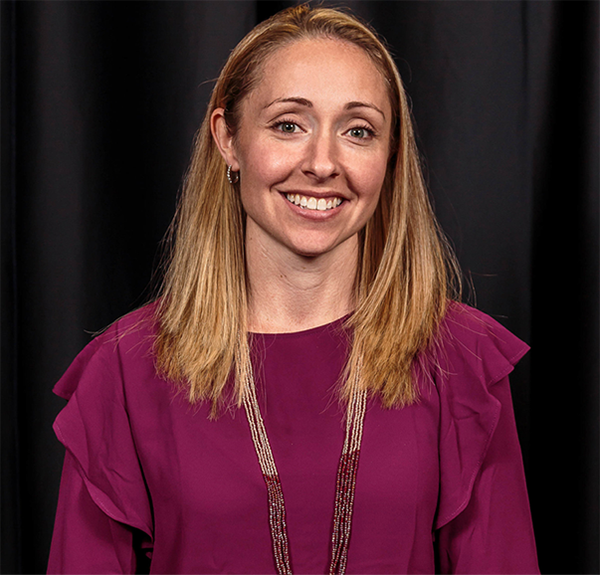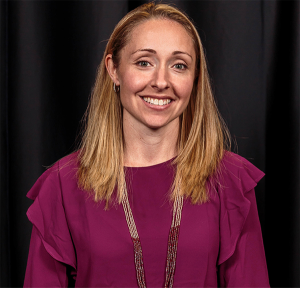
“How Do We Know?”: Accounting for Teaching’s Value
“How do we know?” It was the opening question Meghan Snow, ACUE’s executive director of research and Jonathan Gyurko, president and co-founder of ACUE posed to attendees at the Council for Higher Education Accreditation’s (CHEA) Annual Conference, held January 28th in Washington, D.C.
How do we know our students are learning? And how do we know institutions are engaging with—and meeting—the teaching and learning standards set by their accreditors?
An answer begins with an understanding of what constitutes good teaching and the kind of pedagogical development that promotes it, and then connecting the dots between faculty development, improved instruction, and stronger, more equitable, student outcomes.
Gyurko and Snow’s presentation, “Accounting for Teaching’s Value,” highlighted the high standards accrediting bodies have set for teaching and learning—from providing “comprehensive” professional development and engaging in “ongoing inquiry” into the processes of teaching and learning to “evaluating the effectiveness” of teaching to improve instruction. They acknowledged that bringing evidence to bear to meet these high standards can be challenging, particularly amidst all of the accrediting demands on colleges and universities, but not impossible.
In the session, attended by nearly 100 accreditors, policy makers, and institutional leaders from the U.S. and abroad, Snow presented ACUE’s multi-stage evaluation framework as a viable approach. The methodology measures change at each step along the chain of events—from the impact of faculty development, to changes in teaching, to effects on student achievement. ACUE’s recommended model controls for other influences affecting outcomes in order to isolate teaching effects. As CHEA noted, this approach is reconceptualizing the purpose and scope of faculty development “in ways that allow accreditors to better connect faculty-related accreditation standards with an institution’s mission.”
This research protocol is now in use nationwide. Snow presented results from a number of studies conducted by ACUE, third-party evaluators, or university IR offices. This research demonstrates that faculty at ACUE partner-institutions are learning about—and implementing—evidence-based teaching practices. Most important, students taught by these educators are learning more and completing courses in greater numbers, more equitably with their peers. The research methodology collects comparison data, and mean differences are statistically significant.
These partnerships and studies are providing institutions with better ways to meet accreditation standards. Gyurko pointed to Sam Houston State University (SHSU) which has made ACUE’s comprehensive support to faculty a central component of their quality enhancement plan.
In a video SHSU produced as part of its self-study and shared for peer reviewers, Todd Primm, director of the Professional and Academic Center for Excellence said, “We know a key function of a university is student learning, and we know from a number of studies that the single largest factor for student learning is faculty effectiveness.” Primm continued, “Faculty come here because they want to help their students, but often they’re just not sure how to do it.” Through its work with ACUE, SHSU is equipping its educators “with an enormous variety of tools they can choose from that would be most appropriate for their students.”
“We know that teaching and learning are complex processes,” Gyurko shared. “But that shouldn’t stop us from being as intentional as we can in describing and measuring the steps we take to enhance quality instruction and improve student outcomes. Great teaching is an art, but there’s also a science we can name, study, and help faculty develop, to help more students succeed.”



